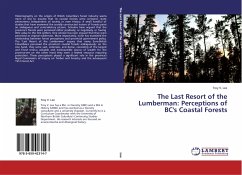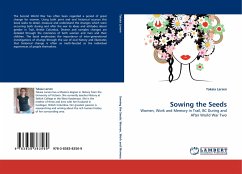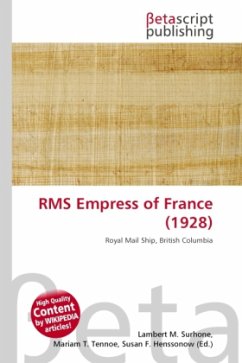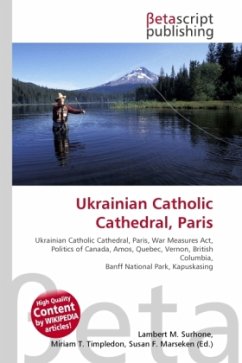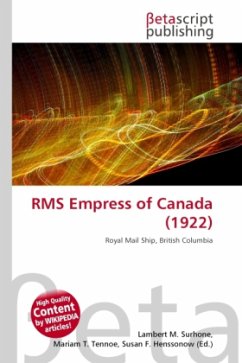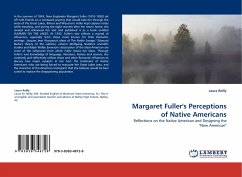Historiography on the origins of British Columbia's forest industry seems more or less to assume that its coastal forests were constant, static phenomena independent of society or even history. A small handful of studies that have examined the socially constructed nature of forests paint an ambiguous and contradictory picture. Scholars have argued that the province's forests were perceived either positively, or negatively, or having little value to the first settlers. One scholar has even argued that they were perceived as virginal wilderness. More importantly, none has examined the relationship between forest perceptions and provincial government policy. The "Last Resort of the Lumberman" argues that many Euro-British Columbians perceived the province's coastal forests ambiguously: on the one hand, they were vast, extensive, and dense, consisting of the largest and finest trees-a valuable and inexhaustible source of wealth for the province-yet on the other hand they were a limited resource requiring protection. These perceptions played a significant role in the province's Royal Commission of Inquiry on Timber and Forestry and the subsequent 1912 Forest Act.
Bitte wählen Sie Ihr Anliegen aus.
Rechnungen
Retourenschein anfordern
Bestellstatus
Storno

